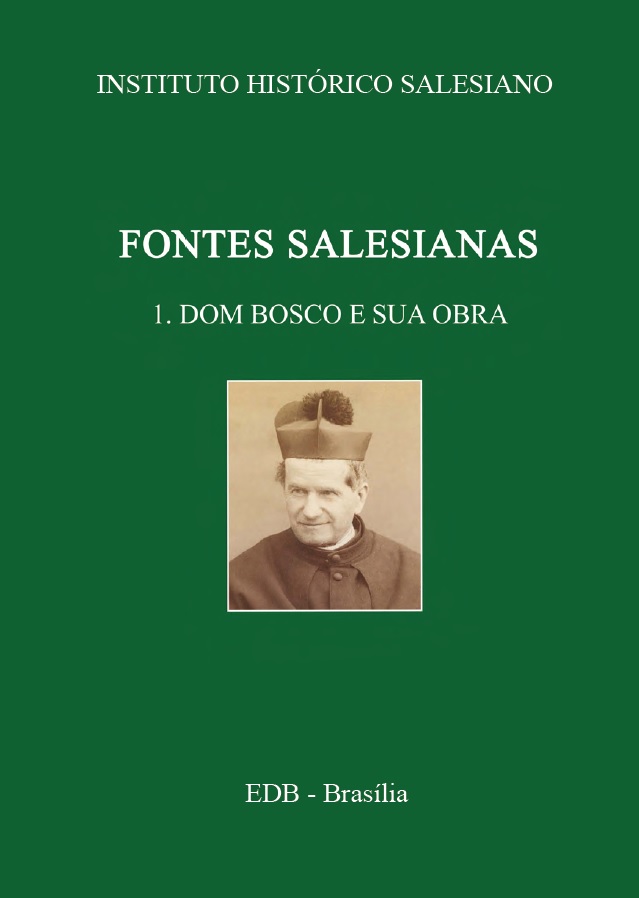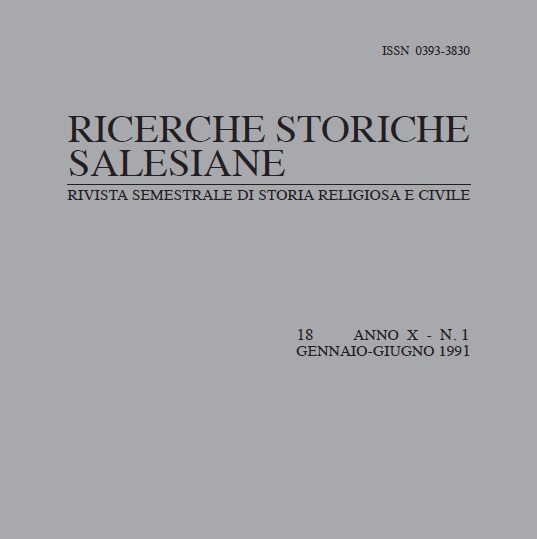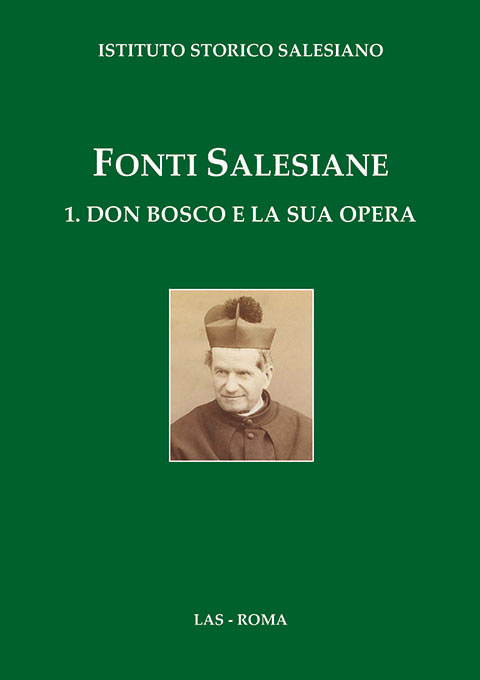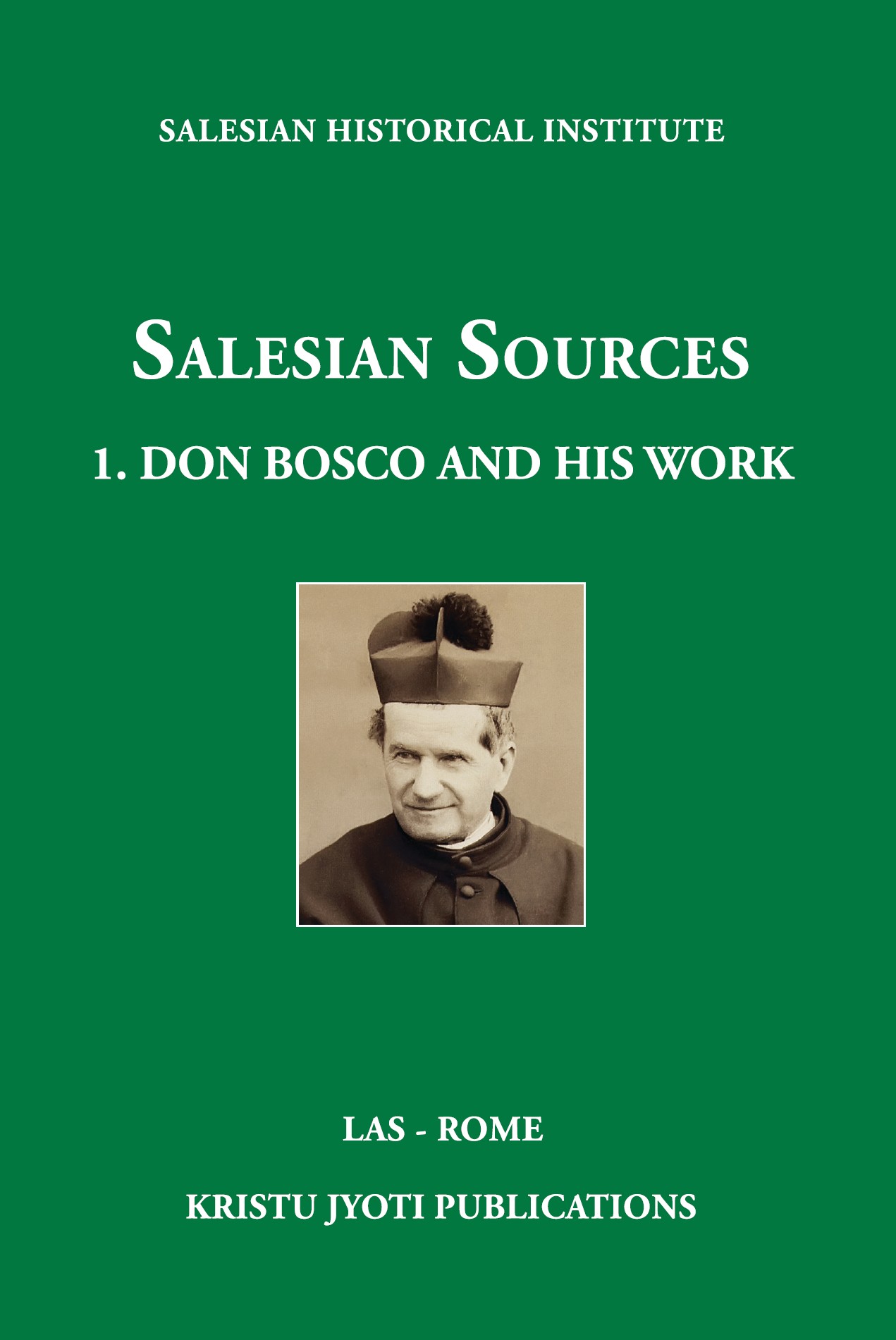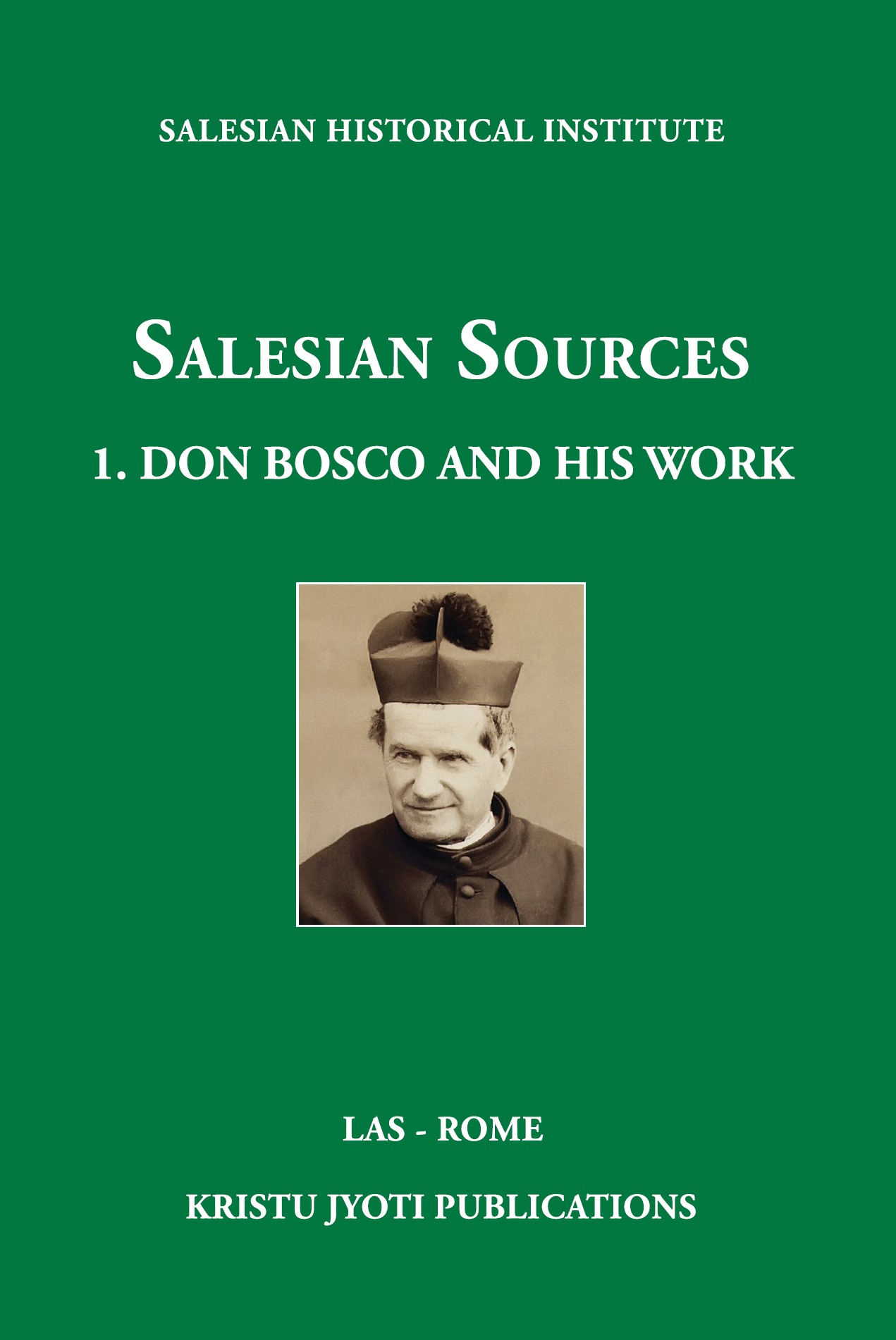A experiência original de Valdocco e dos primeiros oratórios turinenses poderia ter crescido em amplitude e profundidade, além de se estender para além dos limites da cidade, com duas condições: a existência de um projeto operacional e a disponibilidade de recursos humanos e econômicos para realizá-lo. Continue reading “Giovanni Bosco – “Segunda Seção. Dom Bosco Fundador” in “Fontes Salesianas 1.Dom Bosco e sua obra. Coletânea antológica””
